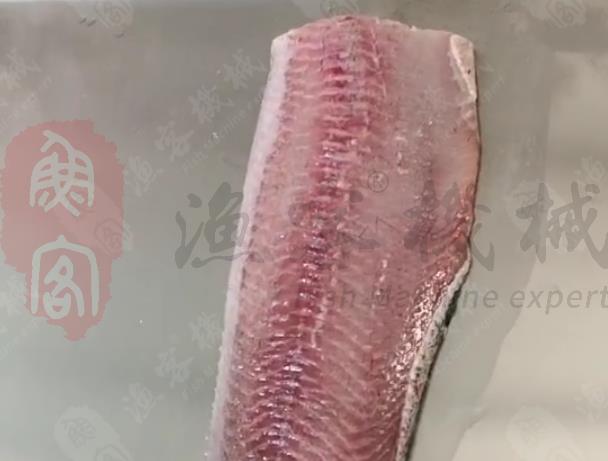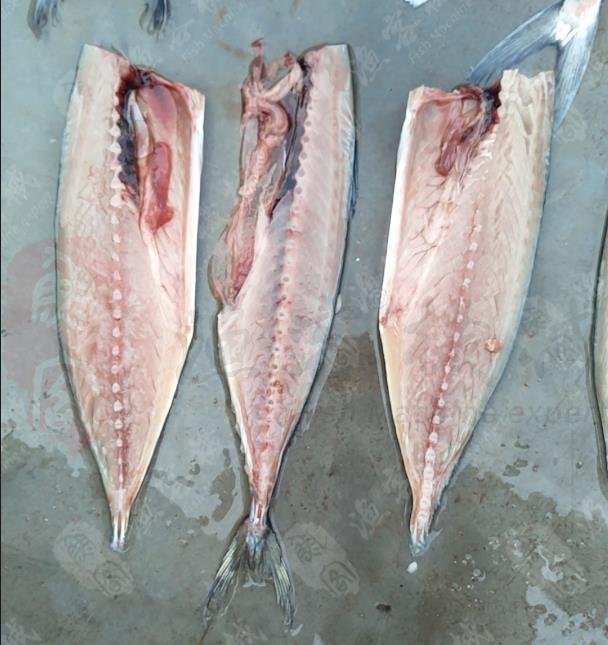What are the advantages of installing a fish processing line
更新时间:2022-09-20 09:21:01•点击:25709 • Industry Views
The assembly line was one of the key components of the Industrial Revolution. The principle of the assembly line enables manufacturers to produce large quantities of products at a lower cost and indirectly makes it easier to maintain products after assembly. Although the ideas behind assembly line manufacturing are an important part of the way products are manufactured and assembled today, it is also important to consider the drawbacks of these types of production systems, and the benefits to the manufacturer of assembly line production are enormous. An inherent part of the concept of a fish processing line is that every product produced from a certain line is as close to the same as possible. This allows quick and easy assembly throughout the process, and means that maintaining and replacing worn or damaged parts is a very simple task. Before fish were processed on assembly lines, it was common for a craftsman to make one item at a time by hand. This means that there is often a great deal of variation between the work of one artisan and the work of another, or even between the products of individual artisans. If part of a musket or tool breaks, it is not easy to replace it. Repairs and replacements must be customized to fit the specific item at hand.

Reliability: Processes can be reliably executed by automation, freeing operators from hours of tedious and challenging manual tasks. Automation is accurate and repeatable. This ensures that each product is manufactured to the same specifications and process.
Quality: Manual and automatic assembly systems can handle multiple tasks to meet specific manufacturing requirements. Achieving consistent quality requires the ability to perform detailed production tasks with high repeatability. Automated systems can establish repeatable methods and efficiently integrate tasks into well-balanced production lines.
Consistency of output and throughput: Robot assembly and inspection can be performed using camera-equipped robots for quality assessment and verification, thus maximizing production and error detection rates. This helps reduce variability, bottlenecks, and provides consistent output.
Labor savings: For many manufacturers, the assembly process can be considered one of the highest direct labor costs. These costs can be mitigated by automation. Automated processes lead to tighter process control and higher quality standards, while reducing costs.
Track and trace capabilities: Automation allows you to track and trace each unit produced during the manufacturing process. If anything goes wrong, you'll be able to look at each action you've taken to find the root of the problem and fix it.
Greater output: Automation can increase the productivity of parts. This, in turn, generates greater profitability.
The disadvantages of the production line style are the same as above, but from another point of view. Although having several workers using interchangeable standardized parts makes repair and replacement easy, it also means that each item loses the distinct personality of its unique handicraft. For some products, especially a decorative or luxury products, very want to know the work is made by a skilled and experienced craftsmen made unique, they put a lot of effort into creating, rather than just a group of selfless people on the production line to flap of parts, without any personal investment over the quality of the finished product. Other disadvantages of line production are based on workers' opinions. Since very little training is usually required, wages may not be very competitive. The work itself can also be very repetitive and monotonous, with little mental stimulation and creative ways of critical thinking. Because of the different advantages of assembly line and traditional manual production style, different types of products are more suitable for one style. Assembly lines are ideal where functional utility, easy maintenance, and low cost are expected. When unique craftsmanship or customized details are needed, traditional manual methods are the way to go.
Recommended Reading
-
ð « fish back machine - ð « the fish
2023-02-16 08:42:48•152372 次
-
Remove skin from dark fish
2023-02-11 08:41:44•199434 次
-
High pressure water descaling machine trial video -- snakehead descaling
2023-02-10 08:31:25•321911 次
-
Mackerel three pieces open
2023-02-07 09:03:00•159792 次






